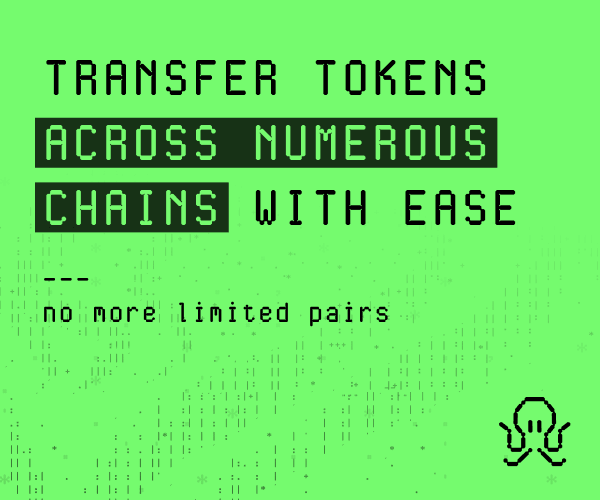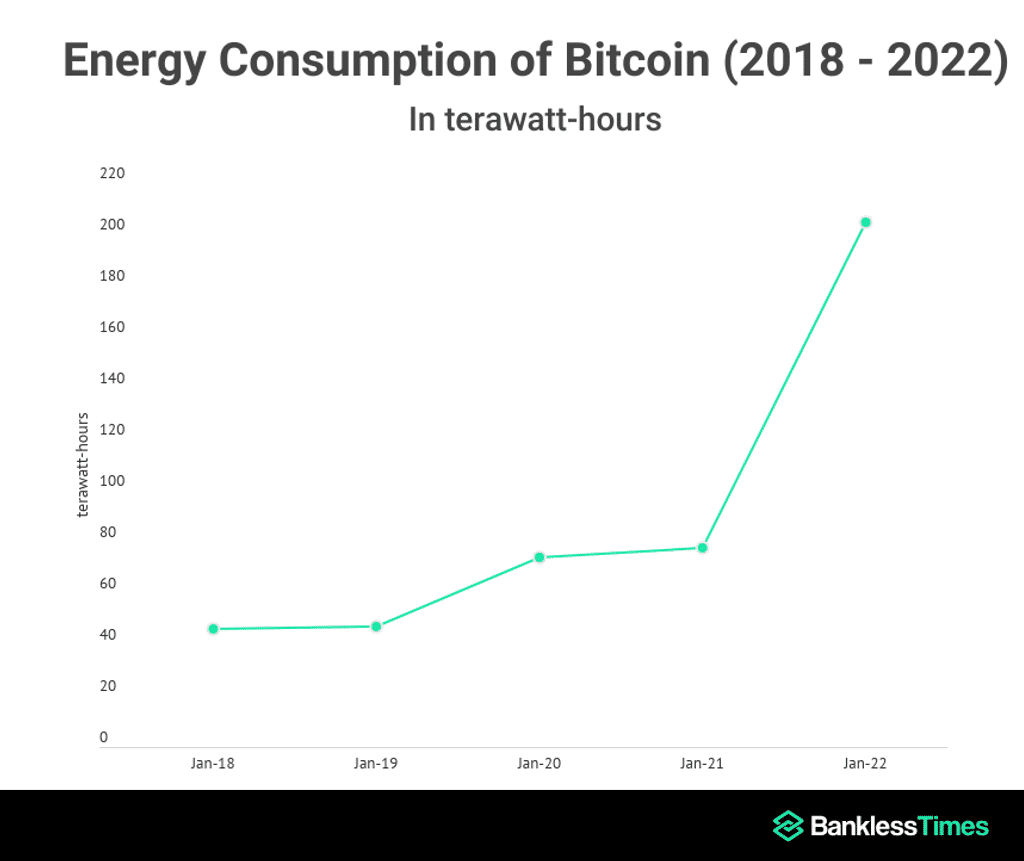
The ECON committee of the European Union voted against a de-facto ban on cryptocurrencies that rely on the proof of work consensus protocol, like Bitcoin, that was included in the latest draft of the MiCA, or Markets in Crypto-assets Regulation, report.
Erster Etappensieg bei #MiCA im Ausschuss! Mit der Annahme meines Vorschlags haben die Mitglieder den Weg geebnet für eine zukunftsorientierte Krypto-Regulierung. Nun gilt es, den Bericht auch als Ganzes in Schlussabstimmung anzunehmen & starkes Signal für Innovation zu setzen.
— Stefan Berger (@DrStefanBerger) March 14, 2022
A majority of 32 parliamentarians voted against the ban and chose to support an alternative amendment — to bring cryptoassets under sustainability-related taxonomy like other financial products — submitted by MEP Stefan Berger, who is serving as the Rapporteur on the report. The amendment essentially removes the judgment and addressing of POW from the MiCa regulation.

Meanwhile, 24 parliamentarians voted in favor of the ban, under which the EU could essentially block exchanges from listing, as well as companies from providing services in, cryptocurrencies that do not meet its “environmental sustainability criteria.”
Why is such a ban included?

Proof of work-based cryptocurrencies requires mining to validate transactions on the chain. Mining is essentially a complex problem that can only be solved using a massive amount of computing power, which in turn needs massive amounts of real-world energy to function. In Bitcoin’s case, these problems get harder and harder to solve over time and require more power, especially with higher levels of adoption.
Some parliamentarians believe this is negatively affecting the bloc’s progress toward meeting its climate goals. Bitcoin mining’s global carbon emissions have been growing at a steady rate since its inception and are now equivalent to those of the Czech Republic, with a global carbon footprint of 0.19%.
Next Steps
The ECON committee’s vote on the report is only the first step toward officially implementing crypto-related regulation.
“The EU Parliament has paved the way for innovation-friendly crypto regulation that can set standards worldwide. The process is not over yet; Steps still lie ahead of us.”
Berger said in a tweet after voting was concluded. He elaborated that the committee’s approval of the final draft means it can now proceed to interinstitutional negotiations, which involve a “trilogue” between the Parliament, the European Council, and the European Commission.
Regulation can only come into force if it successfully passes through the trilogue. Additionally, MEPs who are in favor of the ban still have an option to veto the report and bring it back to the plenary of the Parliament.
6/ Any chances left for the POW-ban?
The groups that lost the vote have one last option. They could veto a fast-track procedure of MiCA through the trilogues & bring the discussion to the plenary of the Parliament. They need 1/10 of the votes of the EP to do so, which they have.
— Patrick Hansen (@paddi_hansen) March 14, 2022
If the report is taken back to the plenary it will likely cause more delays in regulating the European crypto industry. Additionally, even if the report passes through to the trilogue stage it is still uncertain how the union will ultimately regulate mining and proof of work.
Get your daily recap of Bitcoin, DeFi, NFT and Web3 news from CryptoSlate
It’s free and you can unsubscribe anytime.
Get an Edge on the Crypto Market 👇
Become a member of CryptoSlate Edge and access our exclusive Discord community, more exclusive content and analysis.
On-chain analysis
Price snapshots
More context
Join now for $19/month Explore all benefits
Credit: Source link






















 Bitcoin
Bitcoin  Ethereum
Ethereum  XRP
XRP  Tether
Tether  Solana
Solana  USDC
USDC  Dogecoin
Dogecoin  Cardano
Cardano  Lido Staked Ether
Lido Staked Ether  TRON
TRON  Wrapped Bitcoin
Wrapped Bitcoin  Wrapped stETH
Wrapped stETH  Chainlink
Chainlink  Avalanche
Avalanche  Sui
Sui  Stellar
Stellar  Litecoin
Litecoin  Toncoin
Toncoin  Shiba Inu
Shiba Inu  Hedera
Hedera  LEO Token
LEO Token  USDS
USDS  Hyperliquid
Hyperliquid  Polkadot
Polkadot  WETH
WETH  MANTRA
MANTRA  Bitcoin Cash
Bitcoin Cash  Bitget Token
Bitget Token  Ethena USDe
Ethena USDe  Wrapped eETH
Wrapped eETH  Uniswap
Uniswap  Monero
Monero  NEAR Protocol
NEAR Protocol  Pepe
Pepe  WhiteBIT Coin
WhiteBIT Coin  Aave
Aave  Bittensor
Bittensor  Ondo
Ondo  Aptos
Aptos  Internet Computer
Internet Computer  Dai
Dai  Official Trump
Official Trump  Ethereum Classic
Ethereum Classic  Mantle
Mantle  Tokenize Xchange
Tokenize Xchange  OKB
OKB  Gate
Gate  sUSDS
sUSDS  Coinbase Wrapped BTC
Coinbase Wrapped BTC 
